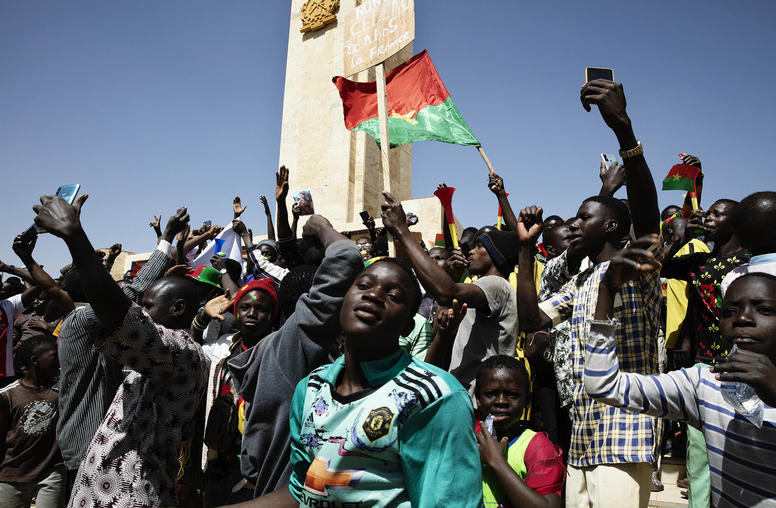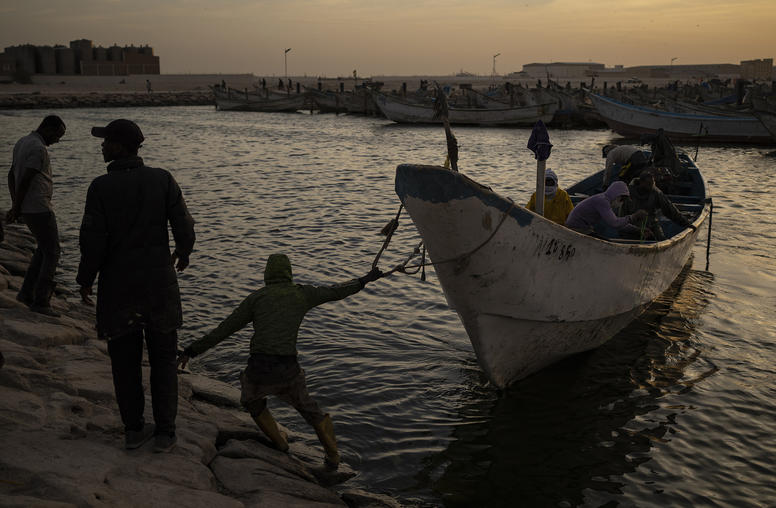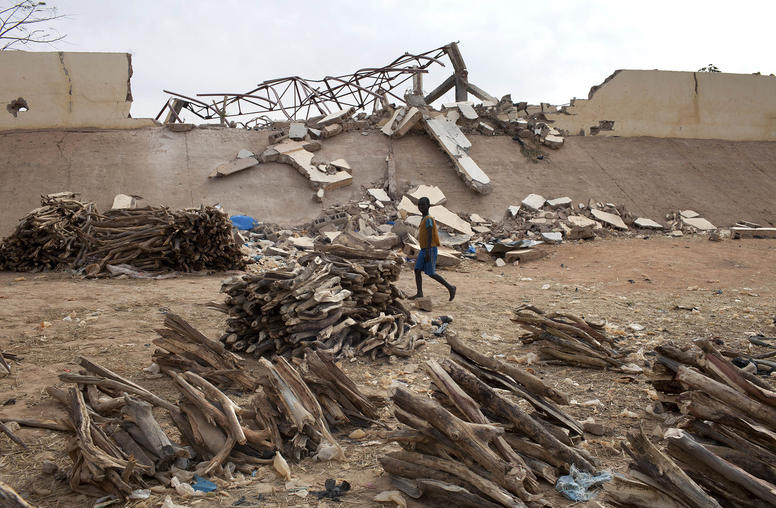Crisis in Mali: Root Causes and Long-Term Solutions
The international focus on counterterrorism in Mali risks obscuring the root causes of the North African country's crisis, writes Hannah Armstrong in this Peace Brief. In short, she argues, power and resources must be transferred from the centralized state to outlying territories in order to promote long-term stability.
Summary
- The international focus on counterterrorism and regime change in Mali risks obscuring the long-term political root causes of the current crisis.
- There is national consensus that decentralization is the key to enhancing the political power of marginalized localities and improving security in the high-risk northern zone.
- Prospects for strengthening the state and promoting national unity via decentralization are coming under threat by an increasing politicization of ethnic divisions.
About this Brief
Hannah Armstrong researches politics and security in the Sahara- Sahel region as a fellow of the Institute of Current World Affairs. She has researched and reported on North Africa and the Sahara- Sahel region since 2006. She was based in Bamako, Mali, and has traveled widely throughout Mali, including the northern zone, during the turbulent past year when the country witnessed a Tuareg rebellion, coup d’etat, the loss of the north to al-Qaida-linked radicals, and a French-led military intervention. The views expressed in this brief do not necessarily express the views of the U.S. Institute of Peace, which does not take policy positions.



